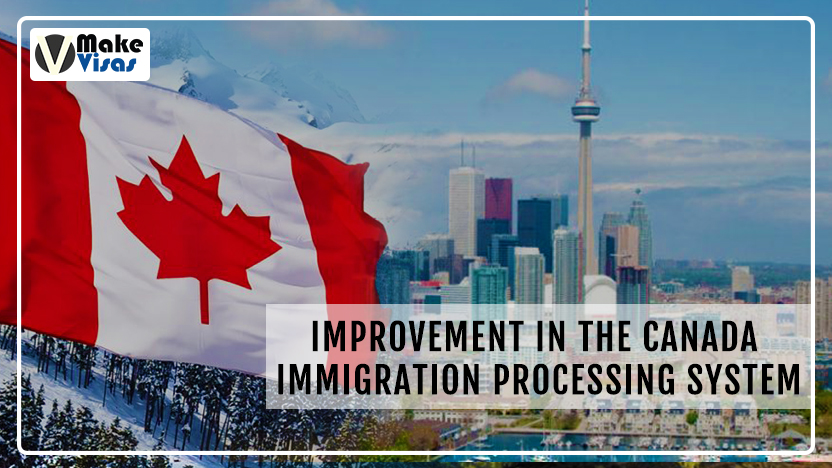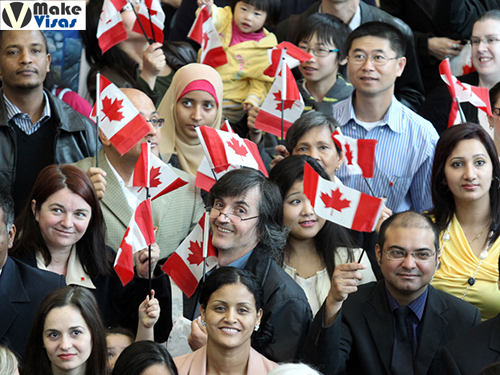A new system is introduced and will be implemented for the processing of some Canada permanent residency applications which have either been received on the 31st of July 2018 or after that.
From now, the IRCC (Immigration, Refugees, and Citizenship Canada) will offer some Canada Permanent Residency (PR) applications new processing times which are faster and modern and not based on historical data.
The IRCC declared in a press release which was published on the 9th of August, 2018 that the new projected processing times system will be used for the types of applications for the Canadian Permanent Residence given below:
- Provincial Nominee (Non-Express Entry)
- Sponsorship of Parents and Grandparents
- Quebec Skilled Worker
- Humanitarian and Compassionate Cases
- Start-Up Visa
Those candidates who applied to the programs mentioned above can see how much time their applications are supposed to consume via the projected processing time (under normal conditions) specific to the day they apply. The IRCC has firmly decided to update processing times monthly. According to Canada’s immigration minister, this update is very important to make us sure that our immigration processing times are as precise as possible and to assist clients in preparing for moving to Canada if their applications are accepted.
The following list shows processing times for the future candidates who have not applied so far:
| Type of Application | Processing Time |
| Provincial Nominee (Non-Express Entry) | 15 to 19 Months |
| Sponsorship of Parents and Grandparents | 20 to 24 Months |
| Quebec Skilled Worker | 15 to 17 Months |
| Humanitarian and Compassionate Cases | 22 to 36 Months |
| Start-Up Visa | 12 to 16 Months |
The processing times listed above were checked on 10, August 2018.
Difference Between Projected Processing Time And Historical Processing Time
Before the change, the IRCC’s forecasting of the all the applications for the Canadian Permanent Residence (PR) was according to the historical data. It means that the processing time of an application was decided as per the fact that how much time the IRCC took to process 80% of the applications in the past year. On the contrary, the new projected processing time will be dependent on the existing number of applications pending for processing and how fast the IRCC thinks to process 80% of the pending applications. Mostly, the processing time of an application begins from the very day when the IRCC gets an application and the end is when a decision made about the application. When an applicant submits an application by mail, the processing of the application begins when this application reaches the IRCC mailroom. And, if applied online or in-person at a recognized service point, the processing starts when the application is submitted to the immigration authority.
Faster Processing Times and Dealing With Pending Applications
The target of the IRCC is to provide much better service to all its Permanent Residence clients by virtue of this new processing time method and to pay the proper attention to the applications for Temporary Residency Visa of the prospective immigrants willing to visit, study, or work in Canada.
The goal of the IRCC is to keep searching for the new better methods to process applications, maintain better customer service and complete the allocated admission targets according to the Multi-year immigration levels plan.
Generally, the following factors are considered when an application is processing:
- The kind of application received
- The application is complete or not
- How fast the IRCC is supposed to process the application in the system
- How fast and easily the information of the applicant can be verified
- How much time the candidate consumes to reply to any concern or request
- Some other necessary factors
For availing more information about the processing time for Canada immigration, call the corporate hotline +91-7042184185 / email your queries on info@makevisas.com or Visit the Official Website (Make Visas). You can directly walk-in to our nearby office for more details and enquiry.


